About B.TECH:-
Bachelors of Technological, or B.Tech, is a four-year full-time programme that covers a variety of engineering and technology subjects. The course is meant to help applicants who want to work in the core technology and development industry improve their technical skills. Both academic and practical knowledge are included in the B.Tech programme. Students are also given hands-on training in order to understand how to operate various software and hardware in their disciplines. Aside from fundamental engineering fields, B.Tech graduates can work in fields such as information technology, data analysis, consulting, and management. Bachelor of Technology graduates with good technical skills can apply for jobs in various Public Sector Undertakings (PSUs) and other government jobs.
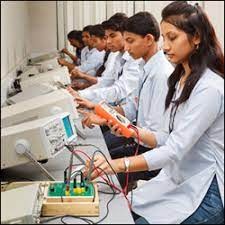
One of the most generally approved programmes is the Bachelor of Technology. Because technical advancements are occurring in practically every industry, B.Tech graduates have a plethora of options. Due to their technical skills, students with a Bachelor of Technology receive a significant advantage during employment interviews. Salary packages differ from one company to the next. The best salaries are offered by recruiters in core sectors, which range from Rs. 8 lakh to Rs. 25 lakh per annum. Some international companies may give salary packages of up to Rs. 1 crore each year. Salary levels in other industries might range from Rs. 3 lakh to Rs. 12 lakh each year. Salary packages differ from one college to the next. In comparison to graduates from other technical colleges, graduates from top B.Tech colleges are paid higher salary.
Syllabus of B.TECH:-
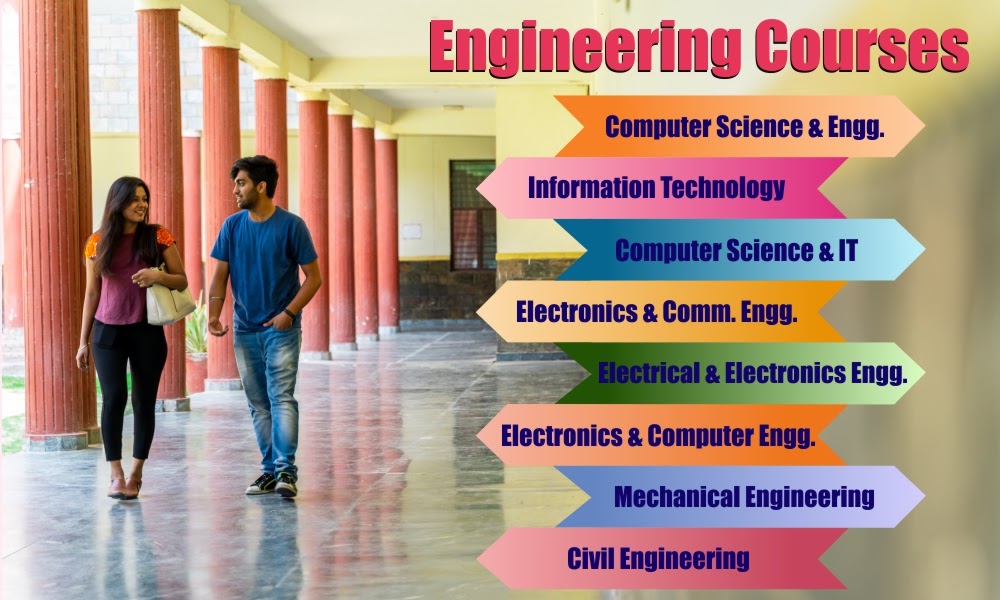
Engineering In India, all B.Tech specialities have a common mathematics syllabus. Other subjects, on the other hand, differ from one specialisation to the next. The fundamental notions of physics and mathematics are the same in all specialities. Some topics in Electrical Engineering and Electronics and Communication Engineering, for example, are similar. Similarly, some CSE and IT disciplines may be the same.
Top 10 B.Tech Colleges in India:-

Engineers must be socially and emotionally intelligent in addition to having excellent technical skills. Compassion, empathy, insights, knowledge, reasoning, and competence must all be brought together. Engineering is a career option for someone with a curious, creative, and imaginative mind who enjoys delving deeper into problems and applying logical thinking and reasoning. B. Tech imparts common and useful technical abilities as well as interpersonal skills over the course of its four-year full-fledged learning route. It fosters student collaboration, assists them in becoming more precise and accurate, gives a platform for them to strengthen their communication skills, and teaches them resilience and self-discipline.Top 10 B.Tech Colleges in India.
1. Indian Institute of Technology Madras:-
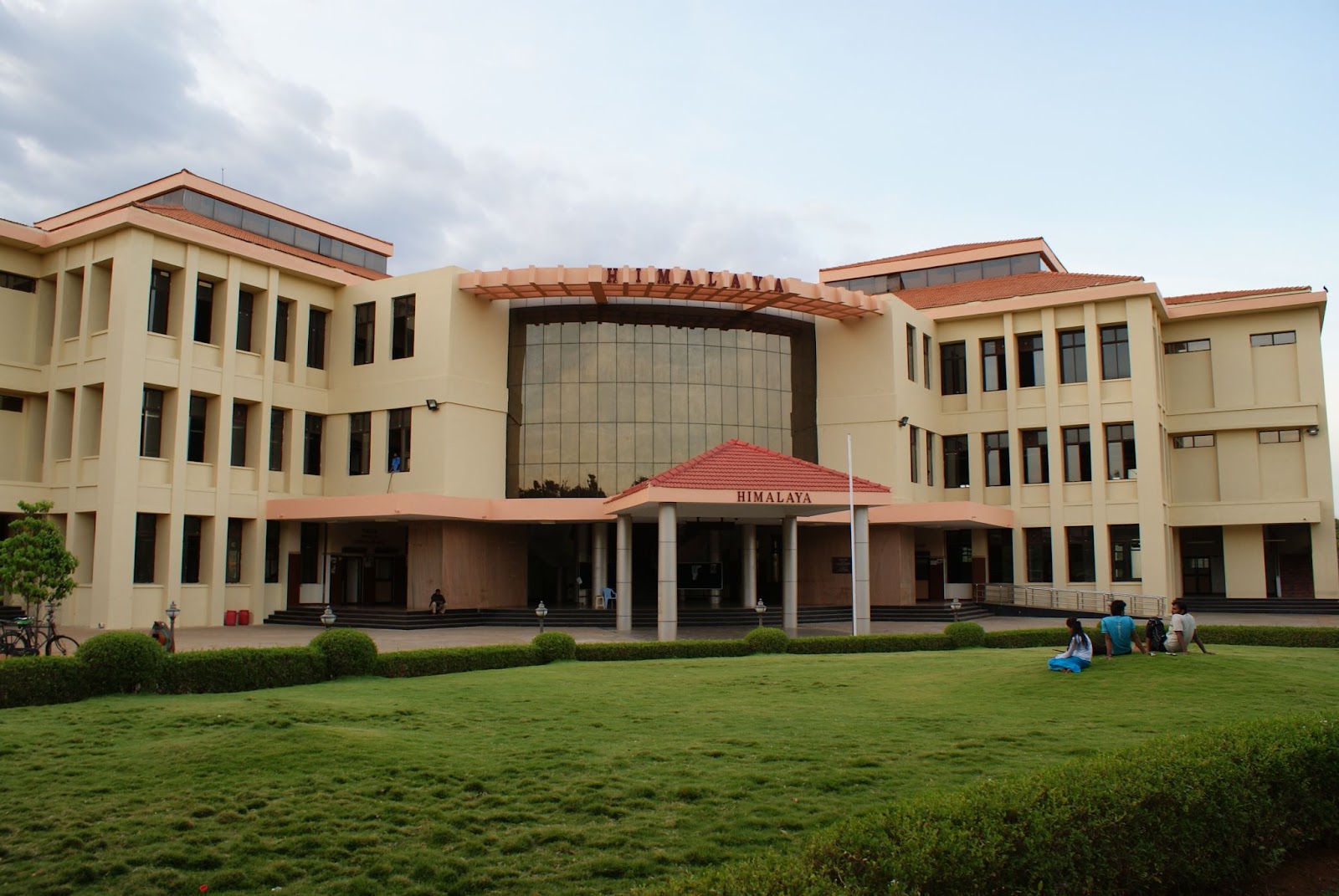
The Indian Institute of Technology Madras (IIT Madras or IITM) was founded in 1959 as a public technical and research university and is known as a "Institute of Eminence." It is the third IIT established by the Indian government, and it is self-contained. The IIT Madras campus is home to India's first university-based research park, IITMR, which is located in Chennai, Tamil Nadu. For the third year in a row, NIRF has named IIT Madras number one. In the QS World University Rankings of 2022, IIT Madras was placed 255 globally. IIT Madras, like its brother IITs, is designated as a "Institute of National Importance" and is known around the world for its high-quality education and skilled professors.
IIT Madras currently houses a Centre for Continuing Education as well as 17 departments, including Aerospace, Electrical, Civil, Mechanical, Computer Science, and Physics. It also has four national research centres and ten institute research centres in a variety of engineering and pure science fields. All of these departments and research institutes provide more than 100 full-time, part-time, and online undergraduate, graduate, and doctoral courses in Engineering, Science, Humanities, and Management. The institute recently started the first online BSc Program in Data Science Programming in the country.
2. Indian Institute of Technology Delhi:-
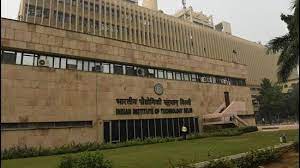
The Indian Institute of Technology (IIT) in Delhi was founded in 1961. In 1963, the Indian Institute of Technology, Delhi was designated as an Institution of National Importance by the Institutes of Technology (Amendment) Act, and they were also given the title of Deemed University in the same year. NIRF ranked Indian Institute of Technology Delhi 5th in the management category in 2021, with an overall score of 72.15/100. In the NIRF 2021 Ranking, the institute has maintained its second place in the engineering sector. The institute was ranked 4th overall and 4th in the research category in the NIRF 2021 rankings. In the NIRF 2020 overall ranking, the institute was ranked third.
Undergraduate, graduate, and doctorate programmes are all available at the college. To be admitted to IIT Delhi, an applicant must pass the required entrance examination in the field of interest. The basic qualifying criteria for courses requiring a minimum percentile in the most recent examination vary depending on the programme that students enrol in. Full-time and part-time courses are available at IIT Delhi. Full-time sponsored M.Tech, MS (Research), and Ph.D programmes are also available at the institute. A No Objection Certificate from the employer is required for admission to the part-time and sponsored courses.
3. Indian Institute of Technology Bombay:-
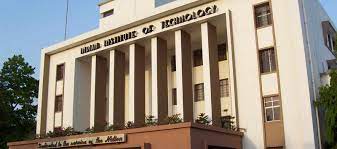
The Indian Institute of Technology, Bombay was founded in 1958 in Powai, Mumbai (then known as Bombay) as the second IIT in India with external funding. IIT Bombay is the abbreviation for the Indian Institute of Technology Bombay. The then-Soviet Union funded IIT in Roubles through UNESCO, and the Indian Parliament designated it as one of the "Institutes of National Importance" in a decree issued in 1961. IIT Bombay has grown to become one of the world's top universities for technical education. The Indian Institute of Technology, Bombay, recognised as a global leader in engineering education, has produced outstanding students of intellectual calibre through its undergraduate and postgraduate programmes.
The Indian Institute of Technology Bombay has a total of 678 faculty members. IIT Bombay has over 10,000 students and draws the best students from across the country. IIT Bombay has strong ties with international universities and research institutions. The university is proud of its alumni who have made a name for themselves in many fields such as government, business, academic, and industry, and they have been a great facilitator in developing programmes that meet the needs of industry and society while also raising funds for such developments. Through distance education and continuing education programmes, the college provides its own brand of short-term courses.
4. Indian Institute of Technology Kanpur:-
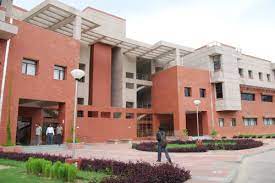
The Indian Institute of Technology Kanpur, also known as IIT Kanpur, was founded by the Government of India in 1959. The institute's motto is Tamaso m jyotirgamaya, which translates to "Lead me from darkness to light." Not only national students, but also international students from various countries, apply for admission to IIT Kanpur. According to the NIRF Rankings 2021, the institute is ranked 16th in management and 6th in research. The institute was ranked fifth overall in the NIRF 2021 Overall Ranking. IIT Kanpur was ranked fourth in the engineering category in the NIRF 2021 rankings, with a score of 83.22/100. The Indian Institute of Technology Kanpur is designated as a 'Institute of National Importance.'
IIT Kanpur courses are divided into 85 categories for study at the undergraduate, postgraduate, and doctoral levels. All programmes have a technological focus and invite applications from a wide range of disciplines, with each having its own set of entrance exam requirements. Before the admission process begins and the student is eligible to take the admission in the Institute, entrance exams such as the JEE for undergraduates, GATE for postgraduates, and CAT for MBA courses are taken into account.
5. Indian Institute of Technology Kharagpur:-
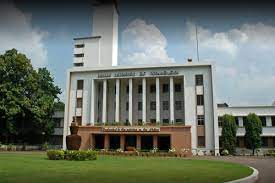
IIT Kharagpur was the country's first Indian Institute of Technology. IIT Kharagpur was formally inaugurated on August 18, 1951, and was initially housed in the historic Hijli Detention Camp in Kharagpur. It is the largest of the IITs, covering an area of 2100 acres. Through its 19 departments, 9 Centres of Excellence, 13 schools, and 25 Research and Development Units, IIT Kharagpur offers 119+ undergraduate, postgraduate, doctoral, research, and dual degree programmes. Engineering, Management, Physical Sciences, and Law courses are available. Students at IIT Kharagpur can also pursue inter-institutional programmes in collaboration with other national and international universities and colleges. IIT Kharagpur's collaborative institutes include, among others, IIM Calcutta, the University of Melbourne, and Curtin University of Technology. According to the NIRF rankings 2021, the institute is ranked third in the architecture category, ninth in the management category, fifth in the law and engineering categories, fifth in the research category, and sixth in the overall category.
6. Indian Institute of Technology Roorkee:-
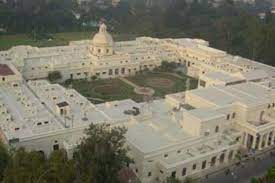
Roorkee College, the forerunner of IIT Roorkee, was founded in 1847 as the first engineering college in British India. It was later renamed Thomason College in 1854, and following India's independence in 1947, it was granted university status in 1948 by the Province of Uttar Pradesh due to its potential and performance as a technical institute in post-independent India. IIT Roorkee has played an important role in technical education and research methods since its inception. It is currently ranked as one of the best technical institutions in the world for its contributions in many sectors, and it has also been a trendsetter in the fields of education and research, having completed its sesquicentennial anniversary (150th year) of existence in 1996.
The university offers a wide range of undergraduate, postgraduate, and doctoral programmes in fields such as engineering, architecture, and management. It is unique in that it offers dual degree programmes as well as integrated master's programmes. B.Tech, B.Arch, M.Sc. Integrated, M.Tech, M.B.A., and other courses are available at IIT Roorkee. B.Tech and B.Arch programmes last four and five years, respectively. The duration of courses at IIT Roorkee ranges from 2 to 6 years. Bachelor of Technology (B.Tech.) and Master of Technology (M.Tech.) programmes are available in 11 and 42 specialisations, respectively. All of the institute's courses are available in full-time mode. The duration, eligibility requirements, and fee for IIT Roorkee courses vary by course.
7. Indian Institute of Technology Guwahati:-
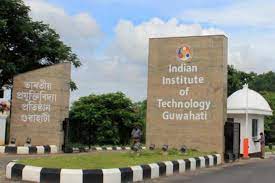
The Indian Institute of Technology, Guwahati, was founded in 1994 and is the sixth addition to India's list of IITs. IIT Guwahati has 11 departments and 5 interdisciplinary academic centres that offer a variety of courses in science, engineering, and humanities disciplines, as well as BDes, M.Tech, B.Tech, MSc, PhD, and M.Des programmes.
IIT Guwahati provides a variety of services to its students and faculty members. IIT Guwahati has well-equipped laboratories, clean classrooms, administrative buildings, a central library, lecture halls, a gymnasium, sports courts, a swimming pool, and much more to make education and life at IIT Guwahati enjoyable.
These courses necessitate passing exams such as JEE Main, JEE Advanced, GATE, UCEED, and CEED in order to gain admission to India's most prestigious engineering institutes.
8. Indian Institute of Technology Hyderabad:-

The Indian Institute of Technology Hyderabad, also known as IIT Hyderabad, was founded in 2008 by the Central Government of India. It is one of the eight new IITs established by the Indian government in 2008. The university provides a total of 66 courses. Undergraduate, postgraduate, and doctoral courses are available at the Indian Institute of Technology Hyderabad. Engineering, design, and other courses are available at the university. B.Tech, M.Tech, M.Des, M.Sc, M.Phil, and Ph.D. programmes are available at IIT Hyderabad. All of the university's programmes are offered full-time. The Bachelor of Technology (B.Tech.) and Master of Technology (M.Tech.) degrees are available in 11 and 31 specialisations, respectively. The duration of courses at IIT Hyderabad ranges from 2 to 6 years. According to the NIRF Ranking 2021, the institute is ranked 16th in the overall category. In the NIRF 2021 Ranking, the institute was ranked eighth in the engineering category and fifteenth in the research category. The university's campus encompasses 576 acres of land. The university has a unique relationship with Japanese universities and businesses that extends beyond academic or research collaborations. There are 245 full-time faculty members and 3,871 students at the institute.
9. National Institute of Technology Tiruchirappalli:-
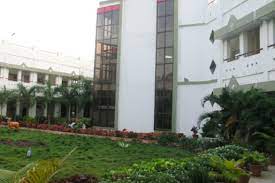
Tiruchirappalli National Institute of Technology is one of the government of India's oldest NITs. The National Institute of Technology Tiruchirappalli, also known as NIT Trichy, was founded in 1964 as the Regional Engineering College (REC) Trichy, which was run by a joint venture of the Government of India and the Government of Tamil Nadu. In 2003, it was granted deemed university status. The National Institute of Technology in Tiruchirappalli is recognised as a national institute under the Societies Registration Act XXVII of 1975.
Courses at NIT Trichy are available at the undergraduate, postgraduate, and doctoral levels. NIT Trichy also provides courses in engineering, management, and humanities. NIT Trichy courses include B.E/B.Tech, B.Arch, M.E/M.Tech, M.Sc., M.C.A., M.S, M.Arch, MBA, and Ph.D. The various branches of the B.Tech programme are Computer Science and Engineering, Civil Engineering, Electrical and Electronics Engineering, Mechanical Engineering, Production Engineering, Electronics and Communication Engineering, Instrumentation and Control Engineering, Chemical Engineering, Metallurgical and Materials Engineering.
10. National Institute of Technology Karnataka:-

NIT Surathkal, formerly known as Karnataka Regional Engineering College, was founded in 2002. (KREC). It is one of India's thirty-two National Institutes of Technology, and the Government of India has designated it as an Institute of National Importance.
The primary mission of NIT Surathkal is to facilitate the transformation of students into good human beings who metamorphosize into responsible citizens and professionals who focus on knowledge generation, assimilation, and dissemination. The National Institute of Technology Karnataka, Surathkal, with a faculty of approximately 256 members, is dedicated to guiding its students to successful career goals.
NITK Surathkal- National Institute of Technology Karnataka, located in the city of Mangalore in the state of Karnataka, provides aspiring students with the best opportunity to pursue their higher degree from experienced faculty and professionals. The NITK Surathkal courses are spread across 295 acres and offer enrolled candidates a variety of postgraduate, undergraduate, and doctorate programmes in a variety of genres. B.Tech, M.Tech, MBA, M.Sc, MCA, and PhD programmes are available at NIT Surathkal.
